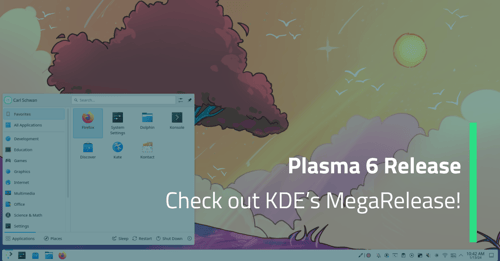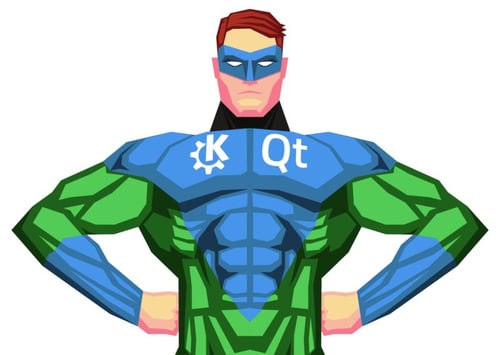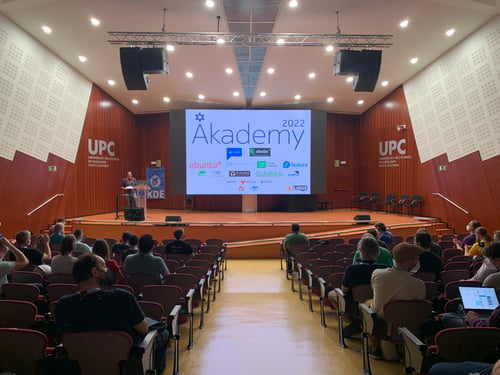- Back
- Products
Development Framework & Tools
Qt Framework
Cross-platform software libraries and APIs
Qt Development Tools
Qt Creator IDE and productivity tools
Qt Design Studio
UI Design tool for UI composition
Qt Accelerate
Qt Templates for industrial applications
Quality Assurance Tools
Squish
GUI test automation
Coco
Code coverage analysis
Test Center
Test results management and analysis
Axivion Static Code Analysis
Software static code analysis
Axivion Architecture Verification
Software architecture verification
-
More
Qt 6
The latest version of Qt.
Licensing
Make the most of Qt tools, with options for commercial licensing, subscriptions, or open-source.
Qt Features
Explore Qt features, the Framework essentials, modules, tools & add-ons.
Qt for Python
The project offers PySide6 - the official Python bindings that enhance Python applications.
-
- Solutions
-
Industry & Platform Solutions
Qt empowers productivity across the entire product development lifecycle, from UI design and software development to quality assurance and deployment. Find the solution that best suits your needs.
-
Industry
-
Platform
Automotive
Aviation & Aerospace
Industrial Vehicles
Micro-Mobility Interfaces
Consumer Electronics
Industrial Automation
Medical Devices
Desktop, Mobile & Web
Embedded Devices
MCU (Microcontrollers)
Cloud Solutions
-
More
Next-Gen UX
Insight into the evolution and importance of user-centric trends and strategies.
Limitless Scalability
Learn how to shorten development times, improve user experience, and deploy anywhere.
Productivity
Tips on efficient development, software architecture, and boosting team happiness.
-
- Resources
-
Our Ultimate Collection of Resources
Get the latest resources, check out upcoming events, and see who’s innovating with Qt.
.webp)
-
Development Framework & Tools
-
Quality Assurance Tools
Qt Resources
Qt Blog
Qt Success Stories
Qt Demos
Qt Documentation
QA Resources
QA Blog
QA Success Stories
QA Documentation
-
- Support
-
We're Here for You—Support and Services
Whether you're a beginner or a seasoned Qt pro, we have all the help and support you need to succeed.
-
Read Next

Mar 4, 2024
KDE Releases Plasma 6!
In the dynamic world of open-source software, the KDE community has once..

Jun 21, 2023
The KDE Free Qt Foundation: 25 Years of Celebration
On the 22nd of June 1998, the KDE Free Qt Foundation was founded and has..

Nov 4, 2022
Akademy 2022 Highlights
This article has been co-authored by Volker Hilsheimer and Pedro Bessa...
Qt Group includes The Qt Company Oy and its global subsidiaries and affiliates.
